By Ray Bennett
EDINBURGH – Gillian Armstrong’s “Death Defying Acts” is a tale of illusion and self-delusion in which the great magician Harry Houdini becomes in thrall to a beautiful woman who is the spitting image of his late mother.
Set in Edinburgh in the 1920s, the film has a good cast topped by Guy Pearce and Catherine Zeta-Jones (pictured), a decent love story, and lots of atmosphere. What it lacks is a villain, and magic without danger is simply a parlor trick, which is what the film becomes. Devoted fans of the stars will likely be the only ones clamoring to see it but although picked up for distribution in the United States by the Weinstein Co., it’ll probably be on DVD when they do.
Pearce became remarkably fit to play the athletic illusionist and he brings his typically resourceful acting to bear on the role of the famous showman. Mourning his mother and angry at not being by her side when she died, Houdini advertises for people who claim they can speak to the departed and humiliates them savagely when they prove inevitably to be fakes.
In the Scottish capital, however, there is a canny woman named Mary McGarvie (Zeta-Jones), a beautiful single mother who makes ends meet by performing as a psychic in music halls with daughter Benji (Saoirse Ronan) using trickery to learn about their audience. When the great Houdini comes to town offering $10,000 to anyone able demonstrate that it’s possible to communicate with the hereafter, Mary goes for it. Her likeness to Houdini’s mother causes him to choose her for the experiment although his manager, Mr. Sugarman (Timothy Spall) sees her as a gold-digger.
The screenplay by Tony Grisoni and Brian Ward makes use of Houdini’s stunts and obsessions and creates a credible mother and daughter relationship for Oscar-winner Zeta-Jones and nominee Ronan (“Atonement”). Pearce and Zeta-Jones look good and there’s nothing wrong with their performances that a little chemistry wouldn’t put right. That Mary resembles closely the man’s mother is glossed over once the romance begins but not convincingly enough.
Armstrong’s direction is more workmanlike than inspired and the film never catches fire as a tale of mystery and mischief really should.
Venue: Edinburgh International Film Festival; Cast: Guy Pearce, Catherine Zeta-Jones, Timothy Spall, Saoirse Ronan; Director: Gillian Armstrong; Writers: Tony Grisoni, Brian Ward; Director of photography: Haris Zambarloukos; Production designer: Gemma Jackson; Music: Cezary Skubiszewski; Costume designer: Susannah Buxton; Editor: Nicholas Beauman; Producers: Chris Curling, Marian MacGowan. Executive producers: Dan Lupovitz, David M. Thompson, Brian Ward; Production: Film Finance Corporation Australia Limited Limited, BBC Films, the UK Film Council, Myriad Pictures present a Macgowan Lupovitz Nasatir Films, Zephyr Films Houdini Limited production; Not rated; running time, 96 minutes.
This review appeared in The Hollywood Reporter.

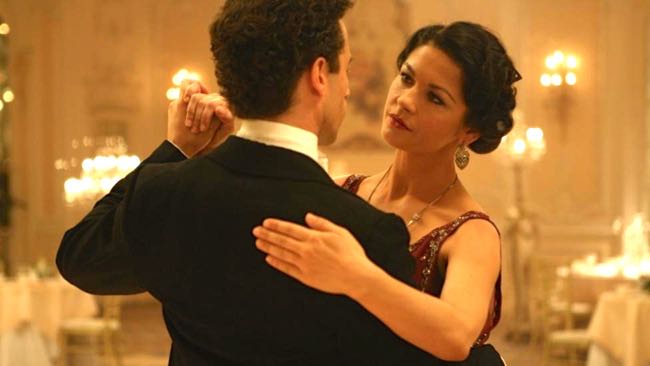
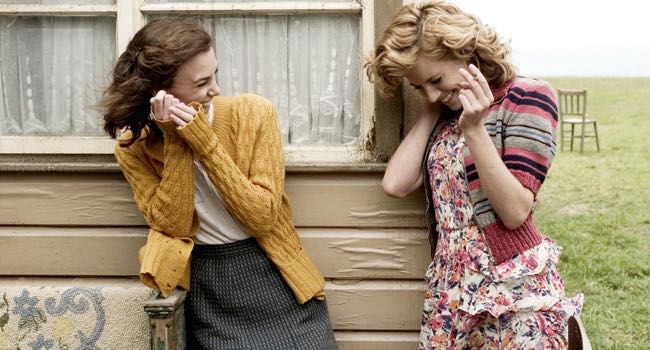
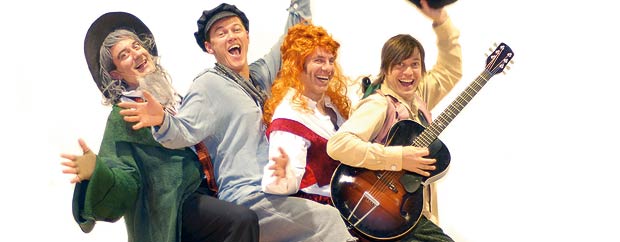

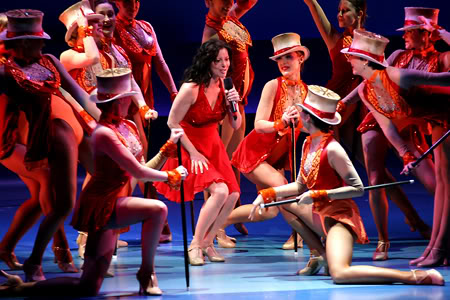

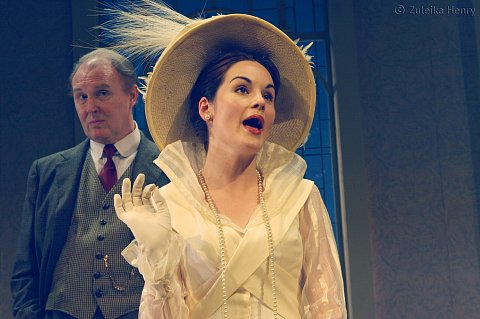

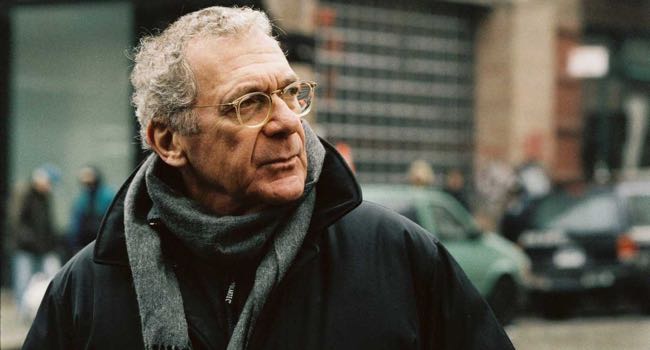
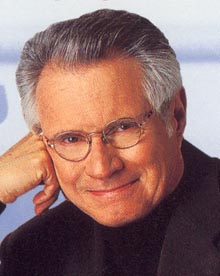
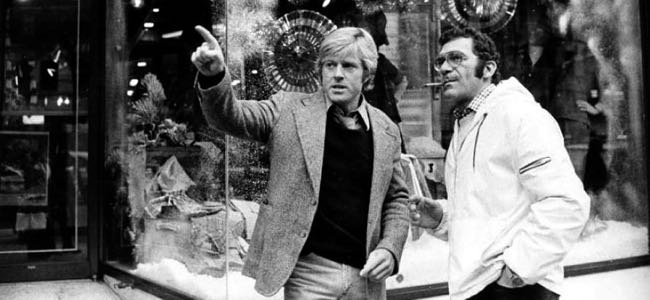
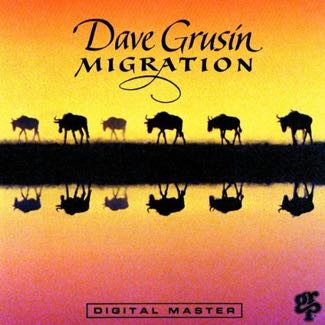
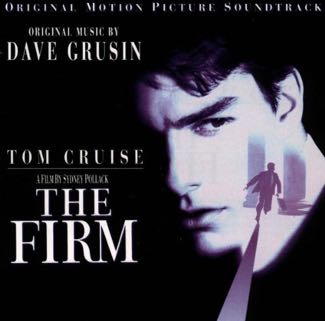
‘Gone With the Wind’ musical to close
LONDON — To no one’s great surprise, Trevor Nunn’s West End production of a new musical version of “Gone With the Wind” will soon be just that and plans for a New York production have been shelved.
The show, which took a critical drubbing following its world premiere on April 5, has failed to attract substantial U.K. audiences and will close this month after just 79 performances.
There will be no tomorrow for Margaret Martin’s adaptation of the Margaret Mitchell novel after Saturday June 14 although producer Aldo Scrofani insists the show has its fans. “Despite the critical response, the company have enjoyed much praise from audience members during our run and for that we are grateful,” he said.
Announcing what he called a difficult decision to close the production, Scrofani said: “Plans for a New York production are currently on hold but in the meantime we are pursuing various options that have been presented to us from interested parties worldwide.”
A show can sometimes thrive when it cuts and runs, witness “The Lord of the Rings,” which failed in Toronto but was revamped and has survived at the Theatre Royal Drury Lane since May 2007. It will run at least through July 19. But fans of big musicals are spoilt for choice in London.
Competition in the West End is fierce with several top-flight productions enjoying profitable runs including “Billy Elliot” at the Victoria Palace; “Hairspray” at the Shaftesbury; “Jersey Boys” at the Prince Edward; “The Lion King” at the Lyceum; and “The Sound of Music” at the London Palladium.
Other long-running musicals in town appealing to a wide range of taste include “Avenue Q,” “Blood Brothers,” “Buddy,” “Cabaret,” “Chicago,” “Grease,” “Les Miserables,” “Mamma Mia,” “Spamalot,” “Stomp,” “The Phantom of the Opera,” “We Will Rock You” and “Wicked.”
There are plenty more to come. Joining the just-opened “Marguerite” at the Theatre Royal Haymarket and “Dickens Unplugged” at the Comedy, will be “Disney’s High School Musical,” “Edward Scissorhands,” “Zorro the Musical” and, at year’s end, a revival of Lionel Bart’s “Oliver!” starring Rowan Atkinson (“Mr. Bean”) as Fagin.
This story appeared in The Hollywood Reporter.